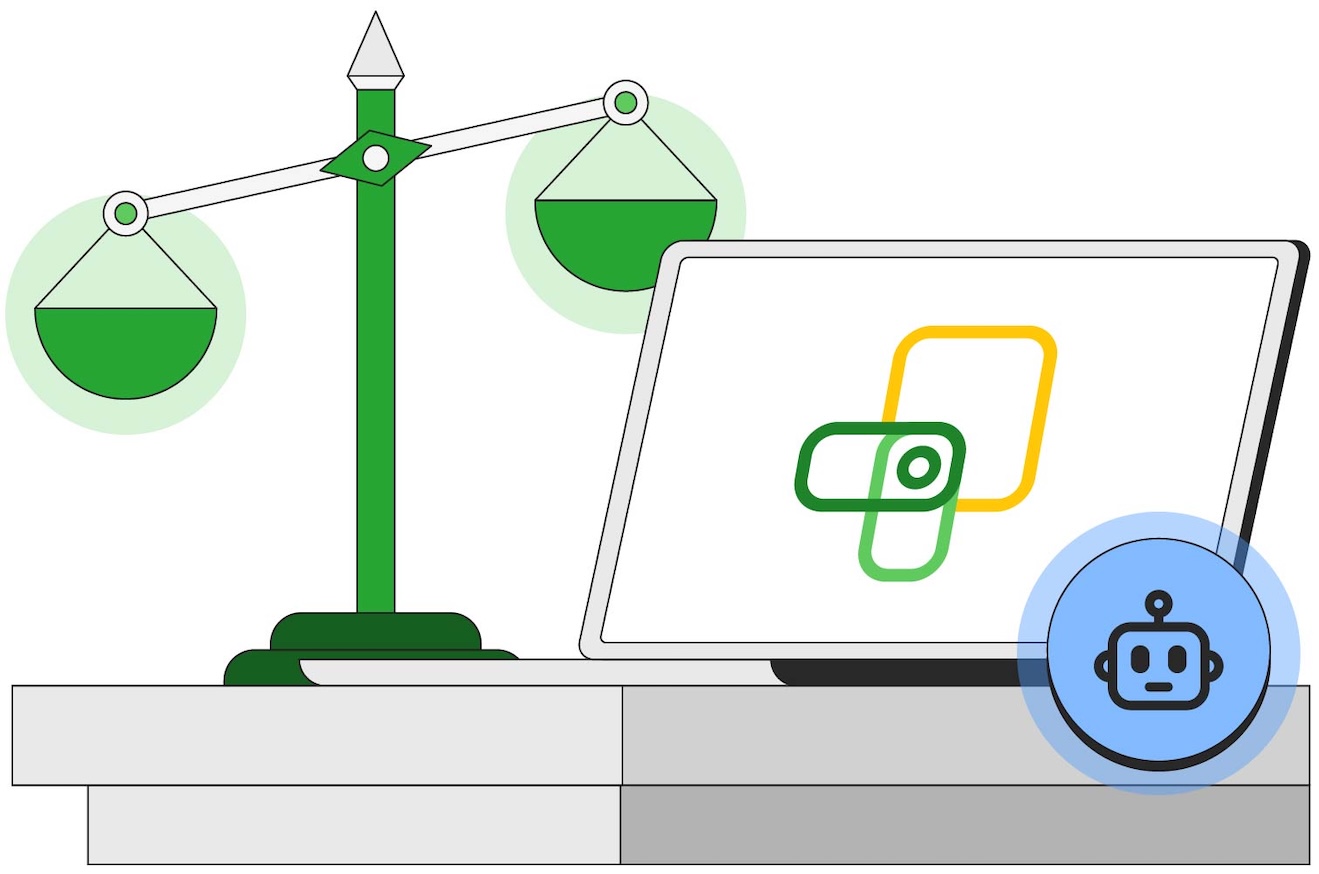October 26, 2025
AI

Dave ErnestJune 20, 2025
Reflections from OTC 2025: Equity, Access, and AI in Remote Proctoring
At this year’s Online Teaching Conference (OTC), I had the privilege of leading a session titled "Proctorio’s Approach to Equity, Accessibility, and Verification." My goal was to explore how remote proctoring, when designed thoughtfully, can help make online education more equitable and inclusive.
In many ways, what I shared echoed the broader themes that came through loud and clear at OTC 2025. Technology must support students and must be deployed with ethics, access, and adaptability at the center.
Online Testing Has Entered a New Era
I began by acknowledging what many of us already feel. Student expectations have shifted permanently. Flexibility and convenience aren’t perks anymore; they’re baseline expectations. AI-powered remote proctoring, once seen as a temporary fix, is now a critical part of how institutions protect learning integrity in decentralized learning environments.
Students aren’t just learning from anywhere; they’re testing from anywhere. And we need tools that can scale, adapt, and support that new reality.
Proctoring as a Gateway, Not a Gatekeeper
One of the most common misconceptions I addressed is that proctoring creates barriers. In truth, it can and should expand access. At Proctorio, we’ve focused on building solutions that support students in low-bandwidth areas, enable mobile-based testing, and accommodate learners who may be unhoused or lack stable connectivity.
I heard similar calls for digital inclusion throughout the conference from educators working to close opportunity gaps and institutions rethinking what it means to serve all students equitably.
The AI Balancing Act: Support, Not Surveillance
Of course, no conversation about proctoring is complete without talking about AI. We're all aware of the growing academic risks posed by tools like ChatGPT or AI-enabled browser extensions. But while the threats are real, so is the potential for AI to serve as a safeguard if used responsibly.
What I emphasized in my talk is this. Proctorio’s AI is never the final decision-maker. It flags behavior. It assists instructors. But it never replaces them. We’ve worked hard to build systems that are transparent, secure, and human-centered.
Building Ethical Systems Starts with Accountability
Proctorio’s AI operates within a framework that prioritizes fairness and transparency. That includes:
As I said during the session, no algorithm should ever determine a student’s future. That belief is embedded into every system we design.
Setting the Standard for Ethical AI
We’re proud that Proctorio is the only remote proctoring company to have earned ISO/IEC 42001 certification, the global standard for ethical AI use. It’s one more way we’re holding ourselves accountable to the same principles many of you advocate for in your classrooms: transparency, ethics, and continuous improvement.
Accessibility Is Non-Negotiable
Throughout OTC, accessibility was a constant theme, from universal design to inclusive courseware. I reiterated that for us, accessibility isn’t an add-on. It’s fundamental. Our platform supports:
You can’t expand access without first ensuring that your tools are accessible to every learner.
Innovation for Human Connection
I also highlighted some of our newest features designed to support both instructors and students in real time:
These features aren’t about replacing educators. They’re about empowering them with better visibility and more flexibility.
Building Trust Through Transparency
I closed with a focus on trust. Trust between students and instructors is sacred, and our role as a vendor is to support, not intrude on, that relationship. Proctorio’s modular software and zero knowledge model ensure that institutions, not us, control the data and how it’s used.
Final Thoughts: A Shared Mission
My biggest takeaway from OTC 2025? We’re all working toward the same goal: a more inclusive, fair, and effective digital learning environment. As proctoring tools evolve, we must continue asking ourselves if we’re expanding access, supporting instructors, and making decisions grounded in ethics and equity.
At Proctorio, we’re committed to doing just that, protecting academic integrity while also meeting students where they are. Thanks to everyone who joined the session and for being part of this ongoing conversation.